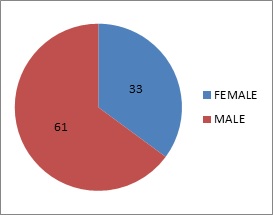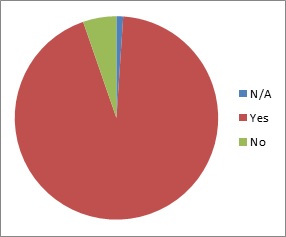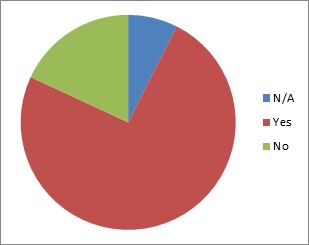INTRODUCTION
Axia ASD Ltd offers a specialist service in the diagnosis and support of Autism Spectrum Disorders, Dyspraxia/Developmental Coordination Difficulties (DCD), Attention Deficit Hyperactivity Disorder (ADHD) and Learning Difficulties for both adults and children. The service is based in Cheshire, North West England and is managed by myself, Consultant Clinical Psychologist, Dr Linda Buchan. I employ the ethos of working in partnership with clients and their families to provide the correct diagnosis and support on an individual basis. I have recently set up my own private company and am joined in my work by Carly Swann, my Personal Assistant, Anna Stephenson, Assistant Psychologist and Sarah Foran, Assistant Psychologist.
REFERRAL AND DIAGNOSTIC PROCESS
We receive diagnostic referrals for clients from GPs across Central and Eastern Cheshire (South Cheshire, Eastern Cheshire and Vale Royal Clinical Commissioning Groups), where Axia ASD Ltd holds the Autism specialist NHS contract. We also receive referrals from the National Autistic Society for individuals who wish to pay for their own private assessments of Autism Spectrum Disorder. Clients wish to do this for a wide range of reasons, including lack of local services. As soon as we receive the referral (and funding approved for NHS clients) a two hour appointment time is offered (the appointment occurring within 4 weeks). When the appointment is issued, our developmental history questionnaire is also sent out for the individual and/or their family to complete. The developmental questionnaire serves an important tool in assessing the client from birth through to the present for symptomology, implications and strengths of their condition.
DATA COLLECTION
Once a diagnostic assessment has been conducted, it is standard practice that we extract data on the frequency of diagnosed clients. Detailed below are some examples of the data we collect: the number of people seen in the period May 2012 – August 2013 has been 94 and the following chart shows the breakdown of men and women:

Sensory Sensitivity:

Bullying:

Family History:

MONITORING OUR SERVICE
Once the diagnostic report has been written up for a client, a process which is usually completed within four weeks, an anonymous quality indicator form is posted along with the report. These forms are returned to the clinic so that we may regularly evaluate our service and make note of any suggestions made so that we may improve in the future.
REACTIONS TO THE DIAGNOSIS
In addition to this, as part of the diagnosis, I will ask clients their initial reaction to the diagnosis. The clients’ responses are then recorded verbatim and included within the diagnostic report. My Assistant, Anna has then carried a thematic analysis on all the clients’ (who are aged over 18) reaction to their diagnosis. During analysis, we found there were seven common themes among individual’s reactions:
- Understanding of Self – “It’s an explanation I can make use of now. I understand what it is”.
- Closure & Relief – “I am pleased. It is like a burden has lifted off me”.
- Loss and Regret – “I wish I could have been diagnosed years ago…but it’s too late.”
- Emotional – “I would rather hear the truth, even if it hurts”
- Hope for Future – “I hope there is a solution to help me understand people better”.
- Confirmation of Suspicions – “I’ve known all my life there was something”.
- Unsure of Diagnosis – “It doesn’t feel like I should have it but if I have it what do I do?”
CURRENT RESEARCH
We are also currently carrying out a piece of qualitative research that explores the personal experiences of cognitive-behavioural therapy (CBT) in adults with Asperger Syndrome. This is a particularly important piece of research as most of the research in CBT and Asperger Syndrome has been carried out on children, not adults.
THE FINAL WORD FROM SOME OF THE PEOPLE WE HAVE DIAGNOSED
- “It’s a relief, somebody cares, I have been ignored and even when I threatened to take my own life I still felt ignored. I don’t want to die, I want a life.”
- “I have been lost in the fog of Autism, especially as a child”.
- “I am pleased to hear it. I have spent the last ten years looking into this, I knew it was more than just anxiety.”



